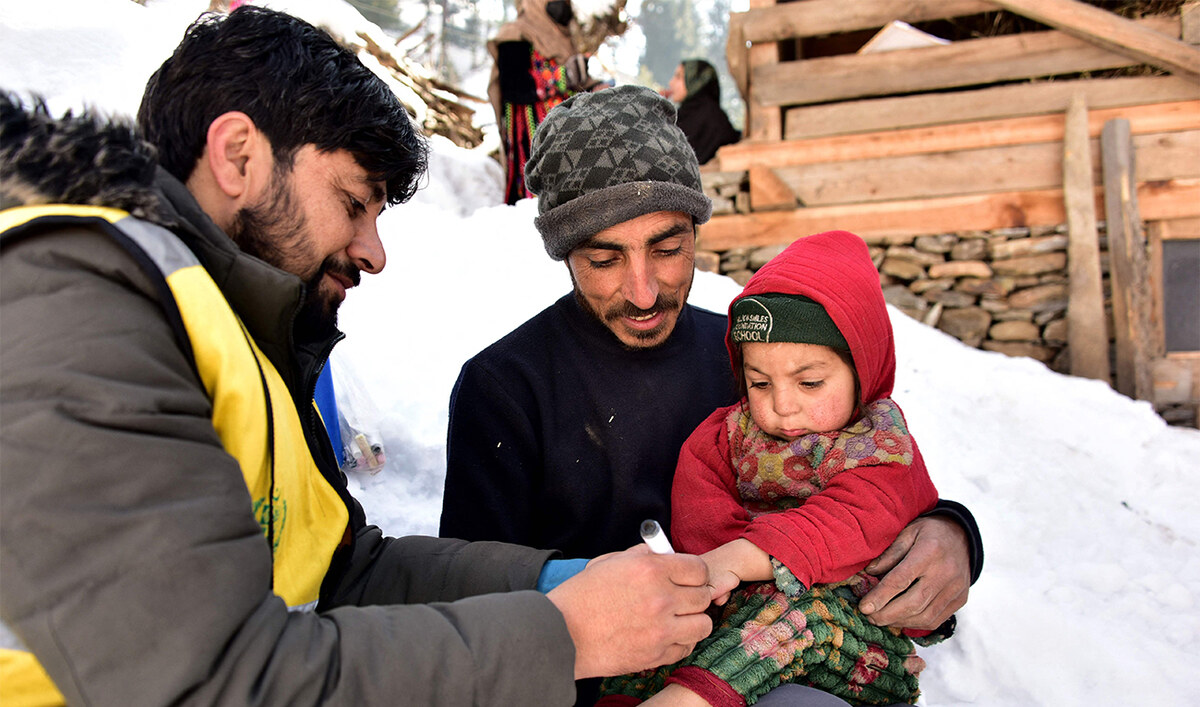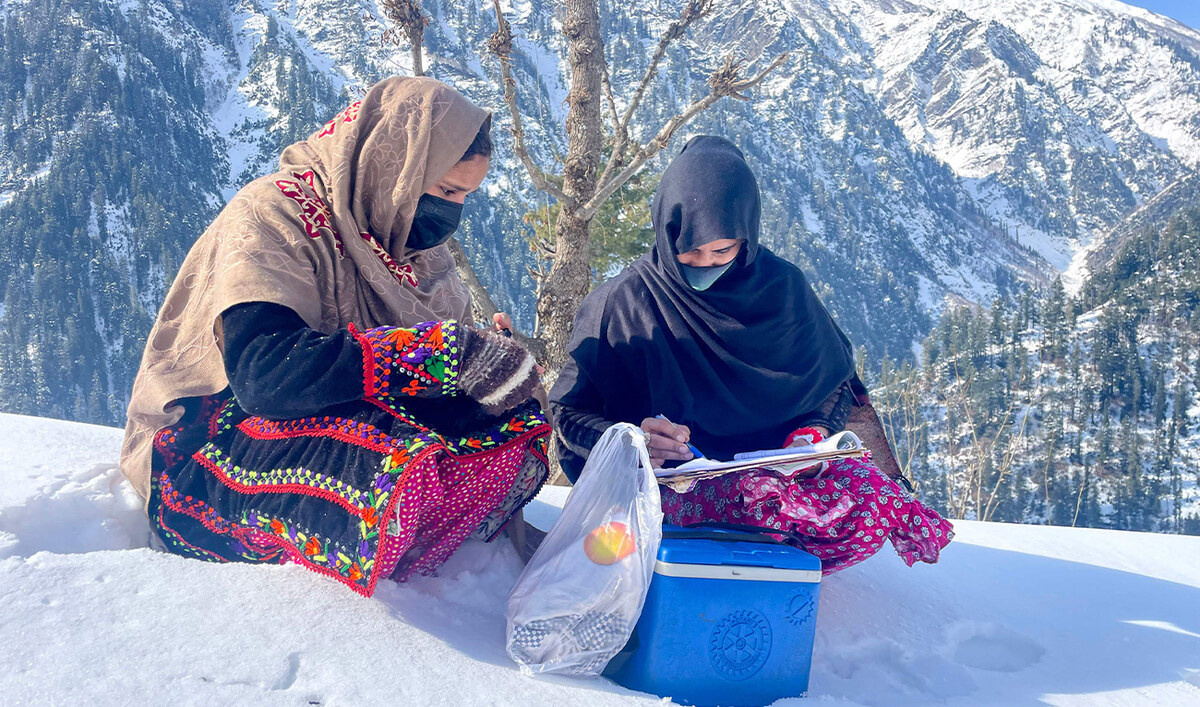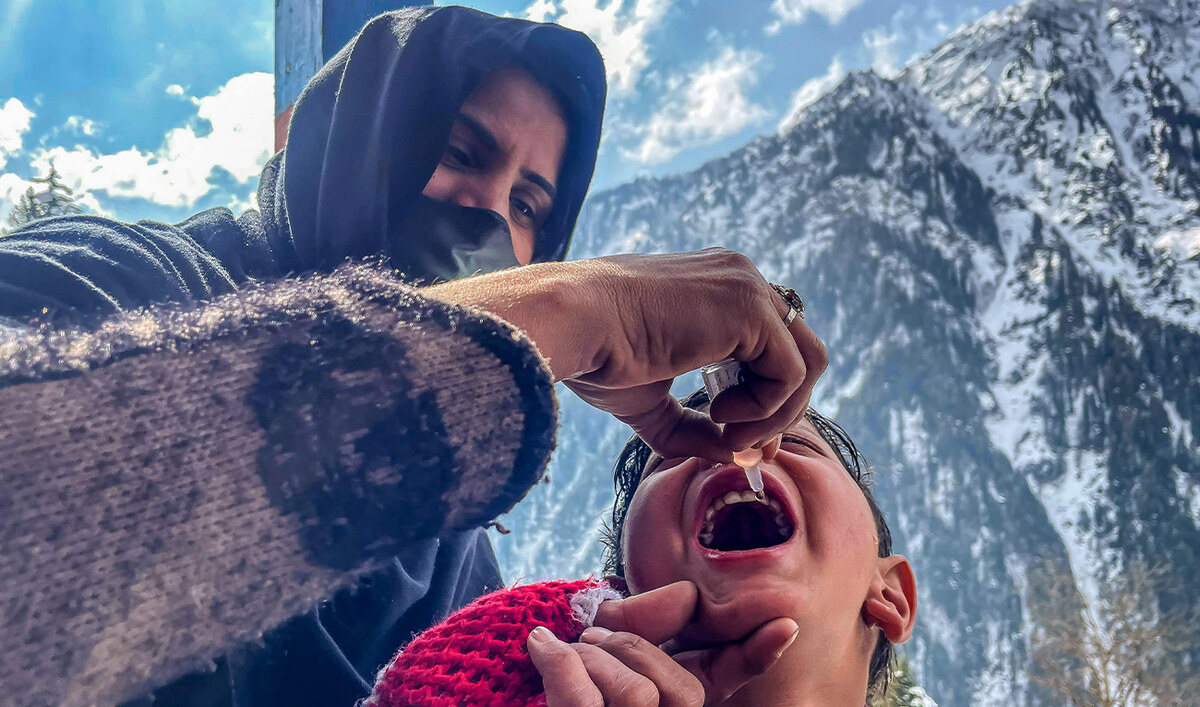ISLAMABAD The United Nations (UN) has received only $90 million in assistance from $180 million pledged so far, after the United Nations last week revised up its humanitarian appeal for Pakistan five-fold to $816 million.
The revised appeal came amid a surge in water-borne diseases following the country’s worst floods in decades that have killed over 1,700 people and left 33 million scrambling to survive.
“Out of $816 million revised UN flood response flash appeal, $180 was pledged by member states so far and only $90 million assistance has been received by the international organization until now,” the UN Resident and Humanitarian Coordinator in Pakistan, Julien Harneis, said at a media briefing in Islamabad.
Around 20.6 million people need assistance, he said, and the UN’s target was to reach around 9.5 million with the revised appeal amount.
“As the size of the crisis is very huge and funds received by the UN agencies were not sufficient, so we are working on it with member states and international humanitarian organizations to get more pledges and commitments,” Harneis said, adding that pledges were not being converted into commitments as quickly as was needed.
Harneis said the most urgent needs included health, nutrition, safe drinking water, food security, and shelter.
“Health remained our major concern as according to World Health Organization, 2.7 million children would be affected by malaria by January 2023, which is a significant increase as compared to previous years,” he said.
Around 50,000 children die due to Malaria each year in Pakistan but this year the number could be higher due to significant increase in cases, the UN representative said.
Farrukh Toirov, the deputy representative of the Food and Agriculture Organization (FAO), said 14.6 million people needed assistance in terms of food security and agriculture sector.
“Nearly 6.5 million acres of standing crops were affected by the floods in all provinces,” he said during the briefing, saying satellite research showed the number could be closer to around 9.4 million acres.
The window of opportunity would be very short for the next wheat crop as farmers have to plant seeds by December, he added.
“Over a million small farmers with less than 12.5 acres of land needed assistance, otherwise not only they will suffer but the whole country will face wheat shortage next year,” he said.
The FAO was providing a bag of seeds, especially wheat seeds, along with two bags of fertilizers to each farmer: “We are also providing fodder and free vaccination for livestock to farmers,” Toirov added.
Farah Naureen, representing the Pakistan Humanitarian Forum, said medical teams were receiving a large number of diarrhea and malaria cases in flood-affected districts and temporary shelter camps.
“We are dealing with a huge number of diarrhea and malaria cases in flood-affected areas and camps,” she said, adding that teams from international and local medical organizations were working in special mobile health units to provide health services to flood-affected people.



















